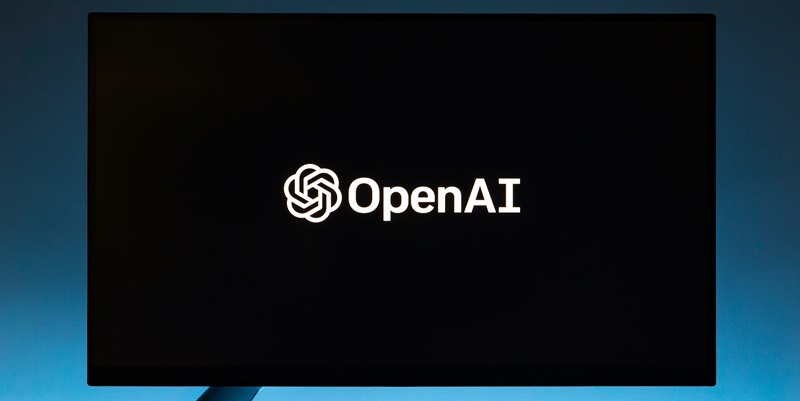OpenAI, under the leadership of Sam Altman, is advancing its artificial intelligence technology through a highly secretive initiative codenamed "Blueberry." This project, supported by Microsoft, focuses on enhancing Large Language Models (LLMs), which are renowned for their language understanding and generating capabilities. The initiative aims to significantly improve the inferential abilities of these AI models, marking a pivotal shift in AI technological development. The secrecy surrounding "Blueberry" is unprecedented, with details closely guarded even within OpenAI, prompting both excitement and concern over its potential impact on the field of artificial intelligence.
The high level of discretion underscores the groundbreaking nature of this project and reflects OpenAI’s commitment to pushing the boundaries of what AI can achieve. However, the lack of transparency also raises concerns about potential risks and unintended consequences. Issues related to bias, fairness, and ethical deployment are at the forefront of these concerns, as the enhanced models resulting from "Blueberry" could have far-reaching implications. Critics argue that without full visibility, it becomes challenging to address these issues proactively, potentially leading to significant ethical dilemmas once the technology is deployed.
Collaboration with Microsoft
The collaboration with Microsoft is pivotal for OpenAI, potentially providing the resources and infrastructure needed to realize these advancements. Microsoft’s involvement is expected to bring substantial computational power and expertise, which are crucial for training and fine-tuning large-scale AI models like those envisioned in the "Blueberry" initiative. However, key questions remain regarding the specific technological advancements "Blueberry" aims to deliver. Observers are keen to understand how these advancements will manifest in practical applications and what unique contributions Microsoft’s partnership will bring to the table.
Moreover, another area of intense speculation involves the measures OpenAI will implement to ensure the ethical deployment of these advanced models. The tech community and the general public eagerly await further details on the safeguards and regulatory frameworks that will be put in place. Ensuring that these models operate responsibly and mitigate risks related to bias and misuse is paramount. Microsoft’s ongoing commitment to ethical AI practices could play a significant role in shaping these guidelines, but the true efficacy of such measures will only be confirmed once more information about "Blueberry" becomes available.
Balancing Innovation with Responsibility
OpenAI, guided by CEO Sam Altman, is making strides in artificial intelligence through a highly secretive project codenamed "Blueberry." This initiative, backed by Microsoft, aims to enhance Large Language Models (LLMs) known for their language understanding and generation capabilities. The goal is to significantly improve the inferential skills of these AI models, representing a crucial advancement in AI technology. The level of secrecy surrounding "Blueberry" is extraordinary, with information tightly controlled even within OpenAI, sparking both excitement and concern about its future impact on the AI field.
This high degree of confidentiality highlights the innovative nature of the project and signifies OpenAI’s dedication to expanding the possibilities of AI. However, the limited transparency also raises issues regarding potential risks and unintended outcomes. Concerns about bias, fairness, and ethical use are paramount, as the advancements from "Blueberry" could have extensive repercussions. Critics warn that without full transparency, addressing these concerns proactively becomes difficult, potentially leading to significant ethical issues once the technology is implemented.

